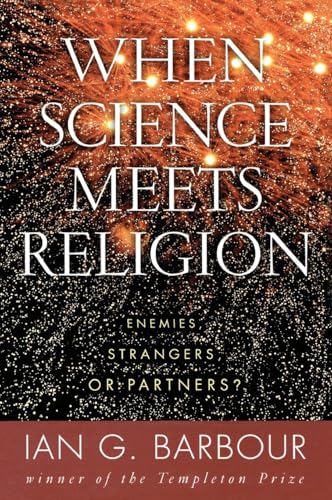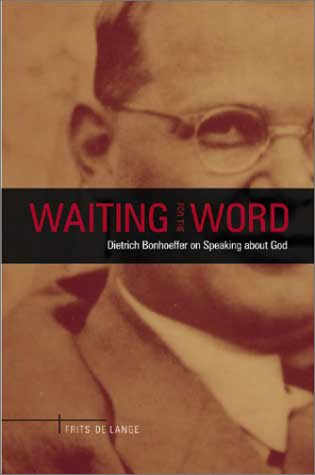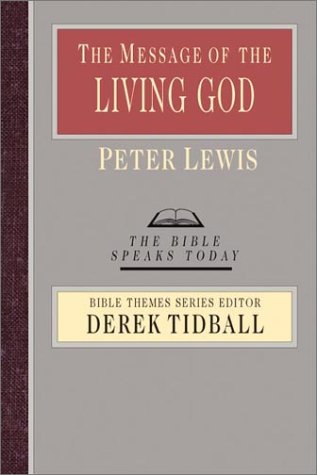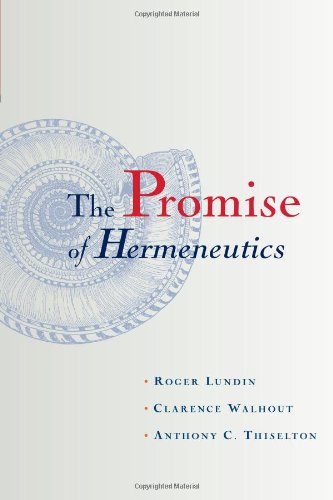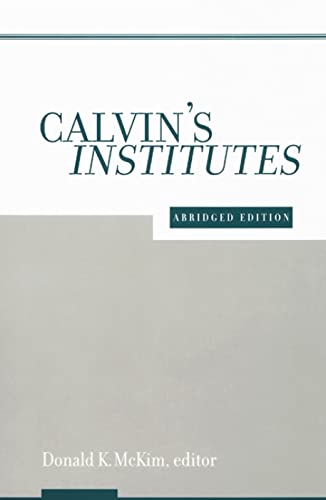Where Shall My Wond’ring Soul Begin?: The Landscape of Evangelical Piety and Thought
Written by Mark A. Noll and Ronald F. Thiemann (Eds) Reviewed By Ian RandallA conference in 1998 at Harvard Divinity School produced the essays that are included in this volume. The background to the essays is significant. Harvard Divinity School, known since the early nineteenth century as a liberal and even anti-evangelical Protestant school, established the McDonald chair in Evangelical Theological Studies. The purpose of the chair is ‘to promote the study of evangelicalism as defined by a set of practices, ideals, convictions and habits that have characterized a number of Christian traditions over the centuries’. Mark Noll, Professor of Christian Thought at Wheaton College, Illinois, and a noted evangelical historian, was the first incumbent of the chair.
The essays in this volume indicate the way in which this new initiative is intended to operate. Scholars, who came together for a colloquium to inaugurate the chair, contributed to an examination of evangelical theology, piety and ethics. These are the main areas covered in this volume. Papers from the conference are presented here.
Apart from Alister McGrath, all the contributors are members of faculties of North American institutions. Mark Noll’s essay looks at ‘Evangelicalism at its Best’, as expressed in evangelical hymnody. Dallas Willard, Professor of Philosophy at the University of Southern California and known for his work on evangelical spirituality, has an essay on ‘Christ-Centered Piety’. Another chapter on evangelical spirituality, ‘Disciplined Spirituality’, comes from Cheryl Sanders, Professor of Christian Ethics at the Howard University School of Divinity. Attention is given to theology by William J. Abraham, Professor of Wesley Studies at Southern Methodist University, looking at ‘Commitment to Scripture’, Alister McGrath, dealing with ‘Trinitarian Theology’, and David Wells, on ‘Living Tradition’. Richard Mouw, president of Fuller Theological Seminary, takes up the subject of ‘Evangelical Ethics’.
The emphasis on evangelical spirituality, which is evident in four of the eight essays, is a pointer to the deepening concern there is for this theme. The use of hymnody to illustrate evangelicalism is also a growing interest. In the theological and ethical areas fresh insights are offered. All the authors, as would be expected, reflect thoughtfully and at times critically on the tradition. They represent different parts of the evangelical spectrum, but what this reader took away from these essays was a sense of evangelical commonalities. There is also here a serious concern for the future of evangelicalism, expressed by academics who, as David Wells puts it, respond to a model not of the ‘pure academic, but of the kneeling theologian’.
Havard’s McDonald professorship was endowed with the intention that it should ‘cultivate an understanding of the history, theology, spirituality, and ecumenical practice of evangelical Christianity’. Part of this aim is fulfilled through this fine book. It would be very good to see similar initiatives being taken in Europe. Dallas Willard bases his study on the assumption that one of the great engines of individual and social transformation has been evangelical thought and experience. This is not generally believed, and much more work needs to be done to convince Western societies that it is the case.
Ian Randall
Spurgeon’s Theological College, London



